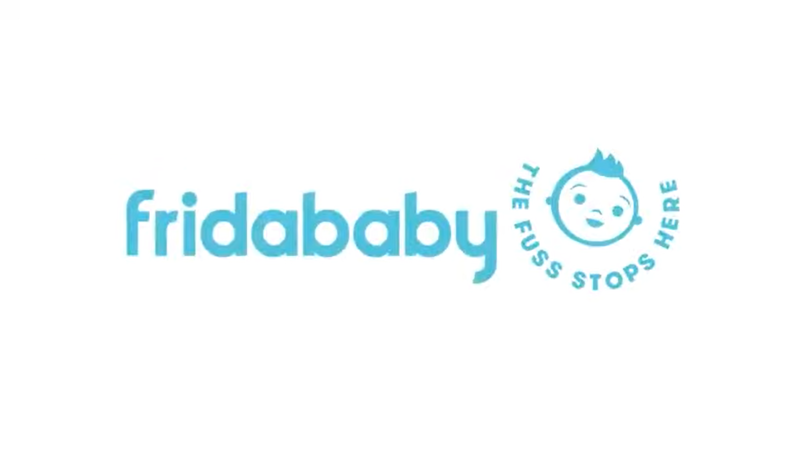Read Em’ and Weep
Sign up for a six month free
trial of The Stand Magazine!
I am very concerned about the so-called Christian fiction currently being offered to teens and ‘tweens in the Young Adult (YA) category of online and in-store booksellers.
One of the best parts of my job as a staff writer for The Stand has always been reading and reviewing the latest Christian books – everything from preschool books to scholarly texts. Up until the past couple of years, my favorite genre and age category to read was YA fiction (written for readers ages 12-18).
I suppose my affinity for YA fiction comes from teaching junior high and high school literature and creative writing for most of my career as a teacher. Or maybe it’s just the fact that I am absolutely impressed by any young person who enjoys reading.
After all, avid YA readers are definitely in the minority of their age group and all groups, according to the National Literacy Trust’s (NLT) 2024 Annual Literacy Survey. In fact, the latest NLT stats show that barely one-third of young people enjoy reading. Sadly, these were the lowest statistics recorded by NLT since the 2005 inception of its annual survey.
Perhaps that’s what makes the current situation with Christian books so tragic. On one side, we have a small group of young people who are continually offered instantaneous consumption of every imaginable product, yet they still want to read a book.
Granted, their reading may not look like ours. They might take a fully charged iPad to their favorite reading spot instead of lugging along a worn copy of a library book. But they still choose to read. (I wonder how many of us would have done the same if we had been offered the World Wide Web at our fingertips.)
Ironically, the adult generation that points fingers at young people who are consumed by technology is the very same generation of Christian writers and publishers producing Young Adult books that are supposed to be a better option than constantly surfing the web.
Maybe that’s the crux of the problem. Maybe we believe that we must compete with the world to garner the attention of young readers. If so, if capturing the hearts and minds of YA readers is the goal, then we are succeeding because the perceivable differences between Christian YA fiction and its mainstream competition are pretty subtle.
After a little online research (sans the good ol’ AI helper), I read that – to be classified by booksellers as Christian YA fiction – books should contain a Christian worldview, little or no sexual content, little or no profanity, and appropriate levels of violence.
Wait!
Read that again: A Christian worldview, a “little” bit of sexual content, a “little” profanity, and “appropriate” violence.
Granted, the world is filled with images much worse than these, and those images are readily available to our kids. They have undoubtedly seen and heard a lot worse. But if these four boundaries are the highest standards of the Christian publishing world, then my heart hurts.
Truthfully, it has been hurting for several months as I read (or started reading) over two dozen Christian YA novels. Many of these novels never even mentioned Jesus, and as a teacher of literature, I did my best to trace the allegorical Christ narrative in those novels and came up empty or terribly confused in most instances.
Seriously, just the dark and disturbing book covers and blurbs of those books alone were eye-opening. Several of the authors left even an obligatory mention of Jesus out of their bios, opting for sensational tidbits of info about their lives and loves.
Also, the main genre found in this pile of “Christian” books was dystopian in nature. It was as if today’s Christian writers were simply trying to mimic and outdo previous dystopian scenarios from both mainstream and Christian authors.
Beyond the weird, dystopian worlds of every imaginable variation, I even found some selections from Christian YA Horror. Yep, you heard that correctly – Christian Horror books.
Please, please, please make it make sense.
How can we, as Christians, offer our children real hope when we are simply repackaging what the world offers – minus a little sex, profanity, and violence? Don’t we serve the creator of all creation? Is He not able to help us write stories that surpass anything the world can produce? Honestly, our books should surpass all others in every literary aspect. (And if you think that is not possible, then reread the YA works of C. S. Lewis.)
Then, read Romans 12:2, which reminds Christians that we should not conform to or copy the patterns of the world – that includes our writing and reading. Beyond that, Matthew 5 encourages us to be a light, set apart for all to see and follow our Savior.
The next chapter of Matthew also shows us that it is impossible to serve two masters. Then, Matthew 12 puts it pretty plainly when it says that whoever is not with Christ is against Him, and whoever does not gather with Him simply scatters.
So, the facts are plain! As Christian parents, teachers, writers, and publishers, it’s up to us.
We should not be competing with the world. Every seed that is sown into the lives of our kids is either a seed planted in Christ or a seed scattered in the kingdom of darkness. There is no in-between when it comes to our children – especially when it comes to what they read.
And as always, it starts at home.
So, maybe it is time to take a stand by first examining what our kids are reading at home and at school. Then, simply refuse to purchase or accept any book (even those published by a Christian publishing house) that straddles the fence between light and darkness.
Finally, the best offensive strategy is always a good defense. So, read aloud daily with your family, and start with the greatest story ever written – the Bible.

Sign up for a free six-month trial of
The Stand Magazine!
Sign up for free to receive notable blogs delivered to your email weekly.



















